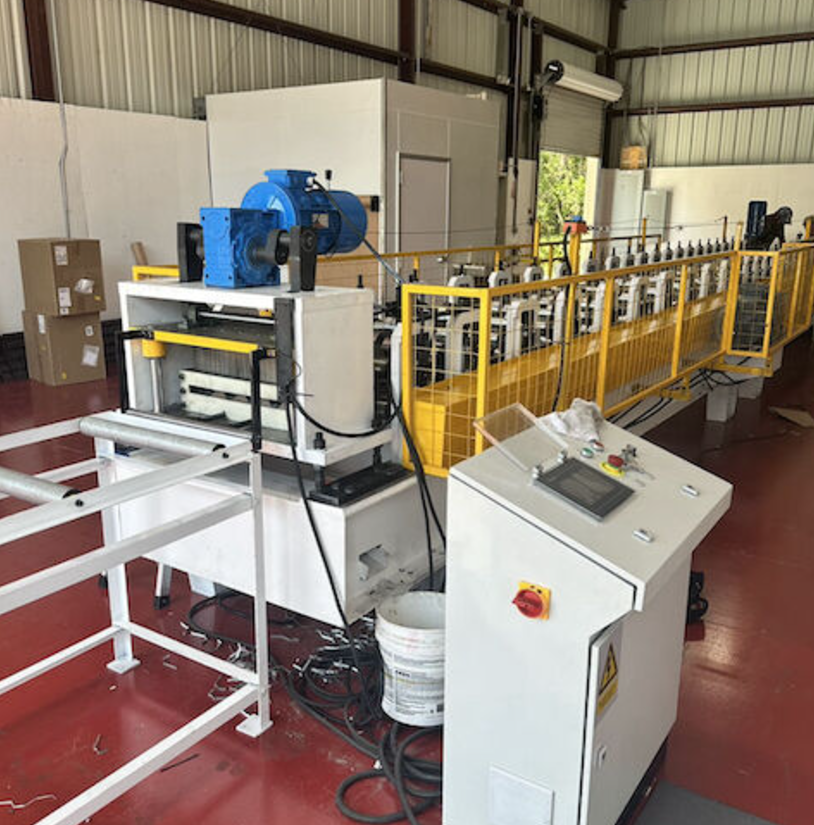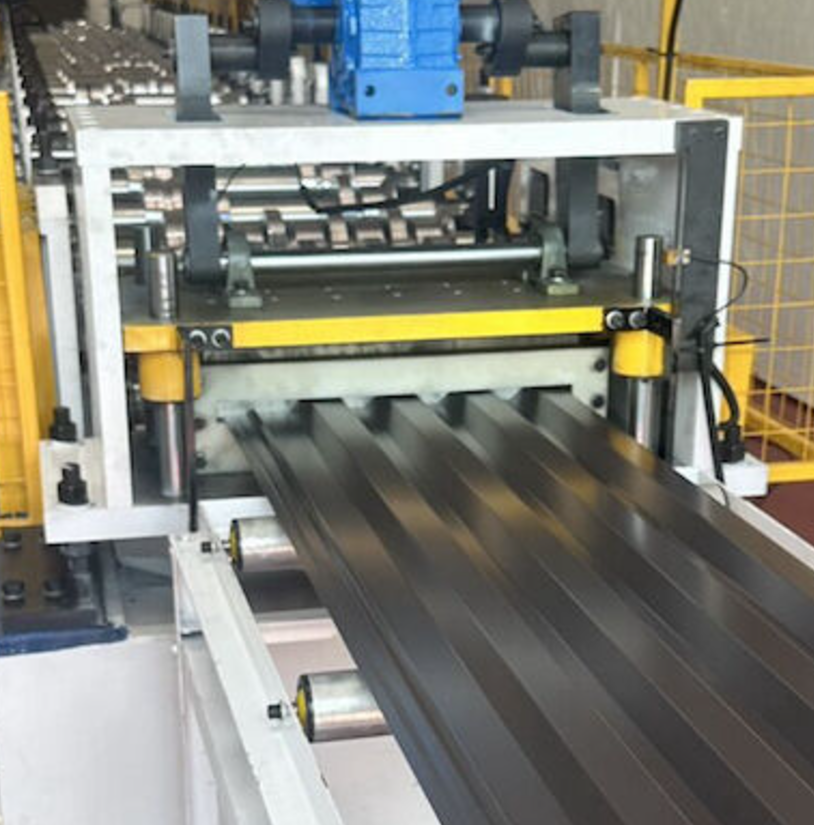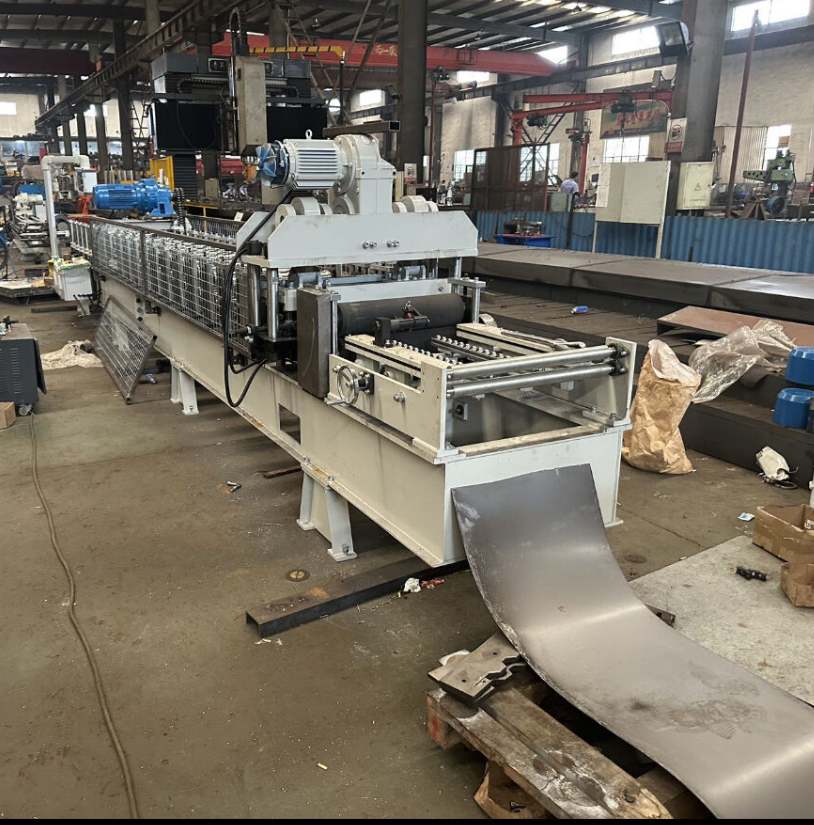To express an interest in this machine please submit the form below.

Not Sure What Machine You Need?
Select Your Profile, We'll Match It
Choose your desired profile drawing, and let Machine Matcher connect you with the best roll forming machine tailored to your needs.
Browse Profiles



Cladding roll forming machines are indispensable in the construction industry for producing high-quality metal cladding panels. These panels are widely used in residential, commercial, and industrial buildings for both functional and aesthetic purposes. In Canada, the demand for cladding roll forming machines is driven by the country’s extreme weather conditions, requiring durable and weather-resistant building materials.
This guide provides a detailed description of cladding roll forming machines, their specifications, and answers to frequently asked questions to help Canadian buyers make informed decisions.
A cladding roll forming machine is a highly specialized piece of equipment designed to transform metal coils into profiled cladding sheets. These machines are capable of producing various profiles, such as trapezoidal, corrugated, or custom designs, depending on the requirements.
Key features include precision-engineered rollers, robust construction, and advanced automation, ensuring high production efficiency and minimal material wastage.
Q1. What materials can be used with a cladding roll forming machine in Canada?
A: Common materials include galvanized steel, aluminum, and pre-painted steel, all of which are suitable for Canadian weather conditions.
Q2. What is the average production speed of these machines?
A: The production speed ranges from 20 to 40 meters per minute, depending on the machine model and material specifications.
Q3. Can the machine produce custom profiles for specific projects?
A: Yes, cladding roll forming machines can be customized to produce unique profiles tailored to specific architectural or construction needs.
Q4. What are the power requirements for machines used in Canada?
A: Machines can be configured for Canadian power standards, such as 220V/60Hz or 600V/60Hz, depending on the facility's requirements.
Q5. Is training provided with the purchase of a machine?
A: Most manufacturers or distributors offer training sessions for operators, ensuring optimal use and maintenance of the equipment.
Q6. What safety features are included?
A: Machines are equipped with emergency stop buttons, protective guards, and compliance with Canadian Occupational Health and Safety standards.
Q7. How long does it take to install and set up the machine?
A: Installation and setup typically take 2-3 days, depending on the complexity of the model and site conditions.
Q8. What is the average lifespan of a cladding roll forming machine?
A: With proper maintenance, these machines can last over 15 years.
A cladding roll forming machine is a valuable investment for Canadian businesses involved in metal construction. With its ability to produce durable and aesthetically pleasing panels, this machine meets the high standards required in Canada’s diverse climate. By understanding the specifications, features, and benefits, buyers can select the right machine to enhance their production efficiency and project quality.
Copyright 2026 © Machine Matcher.